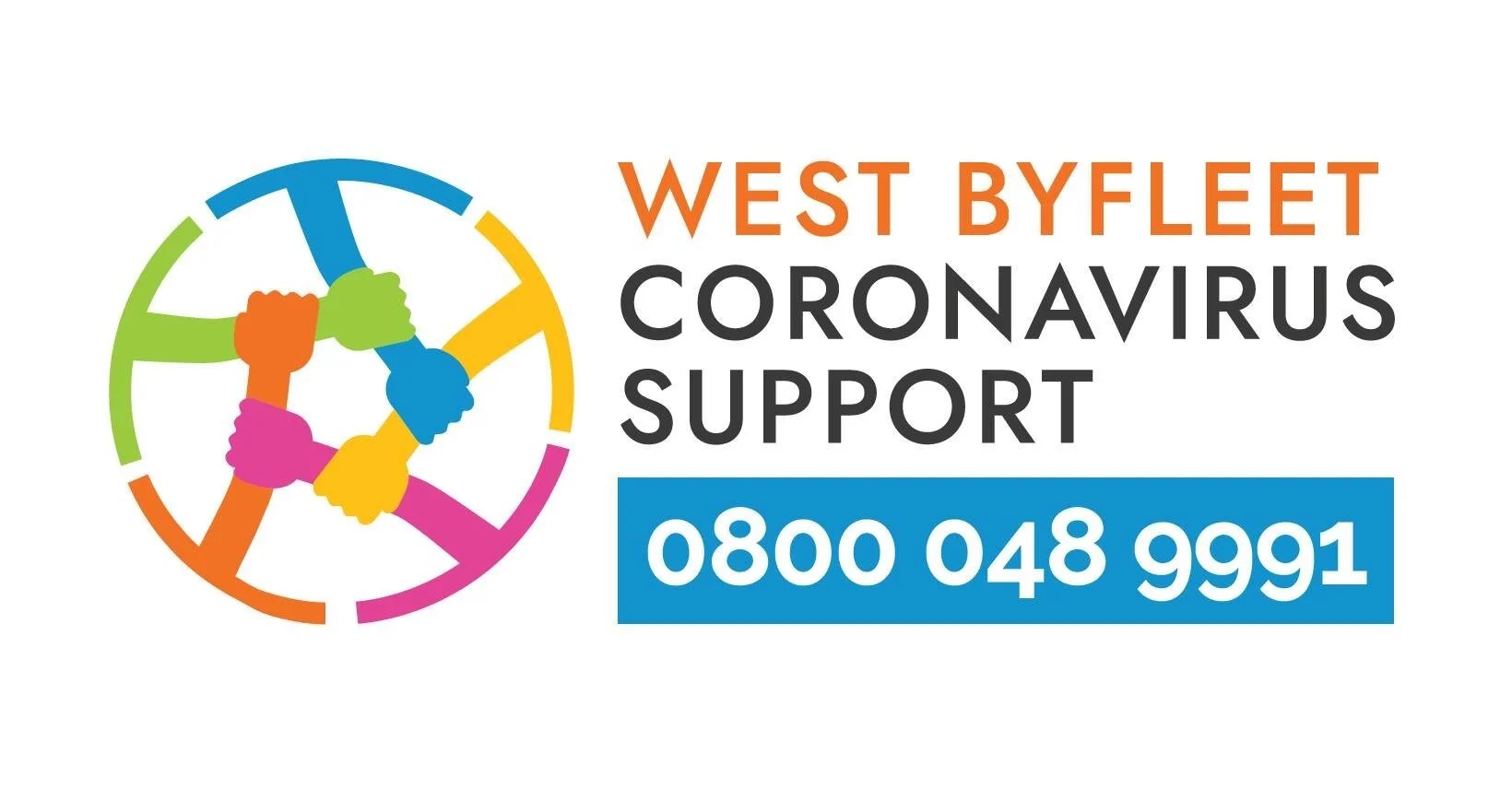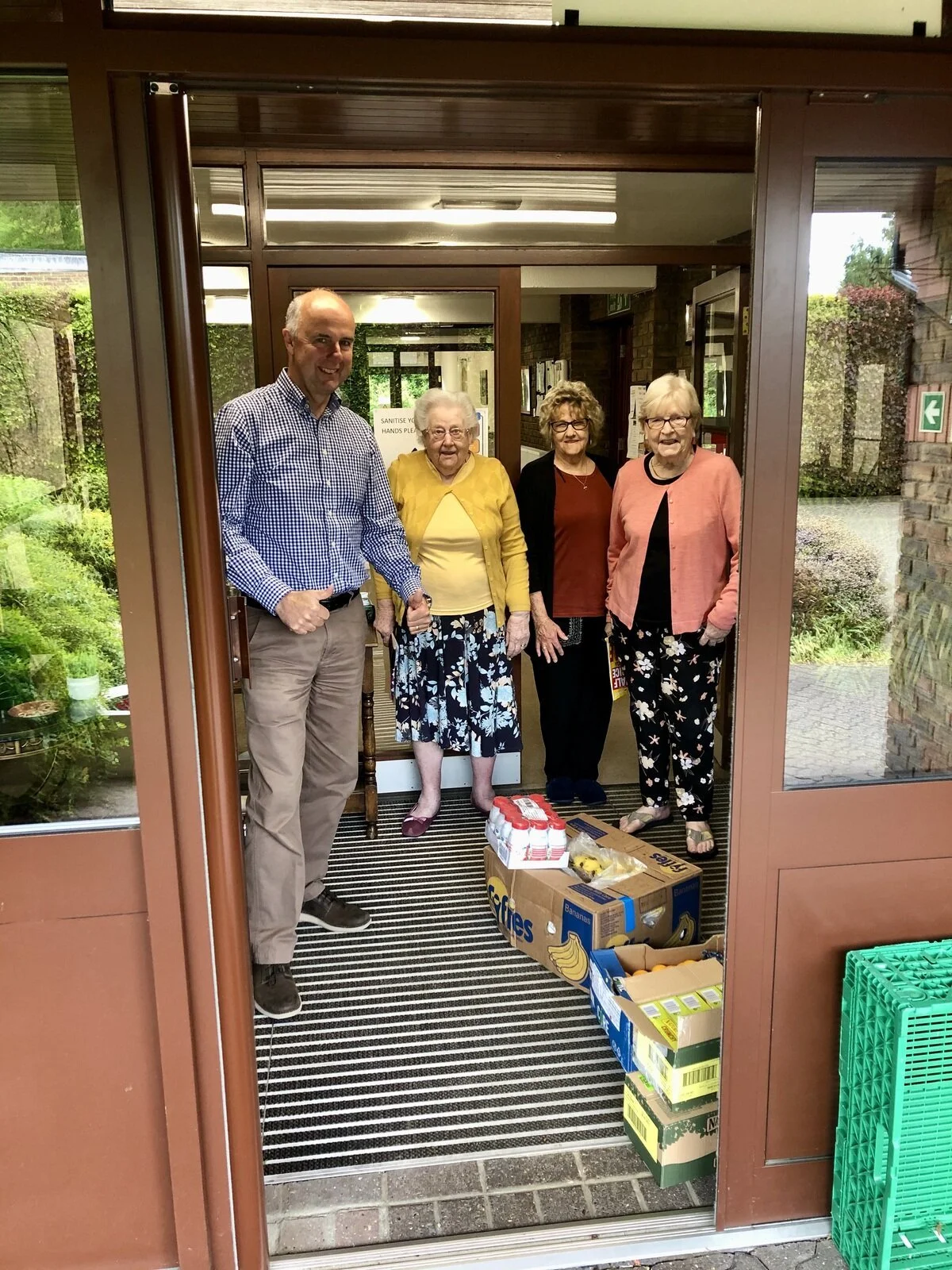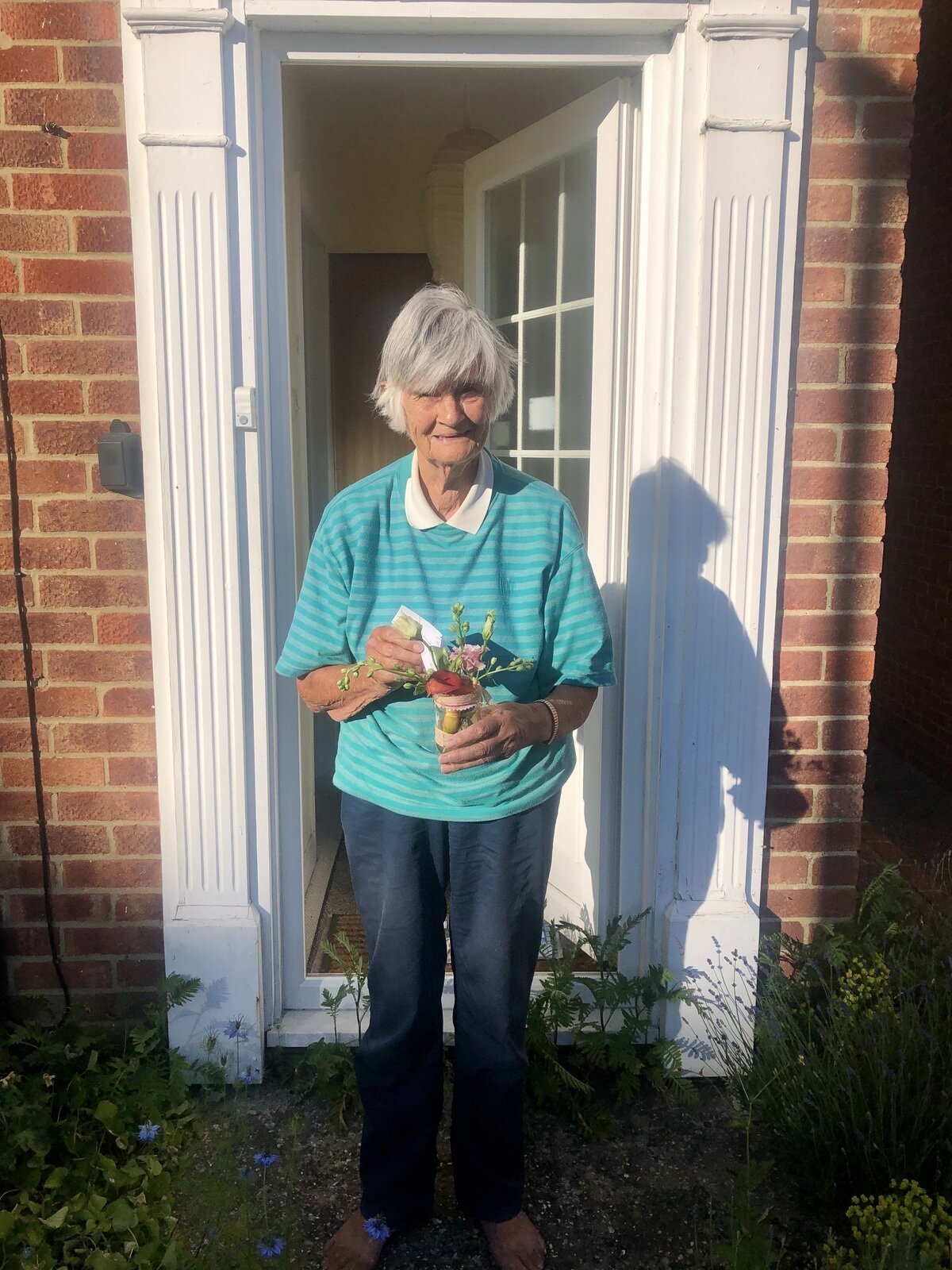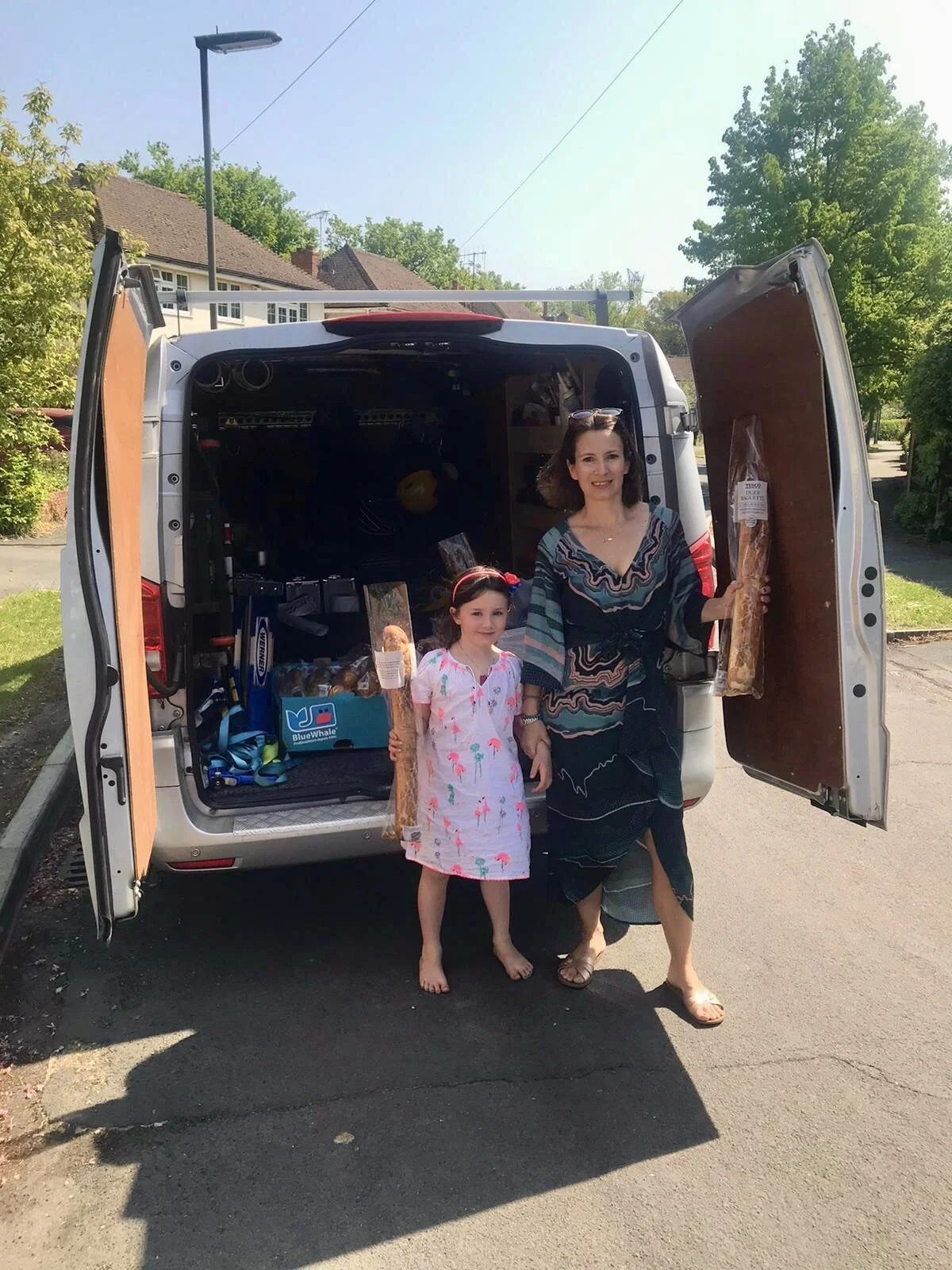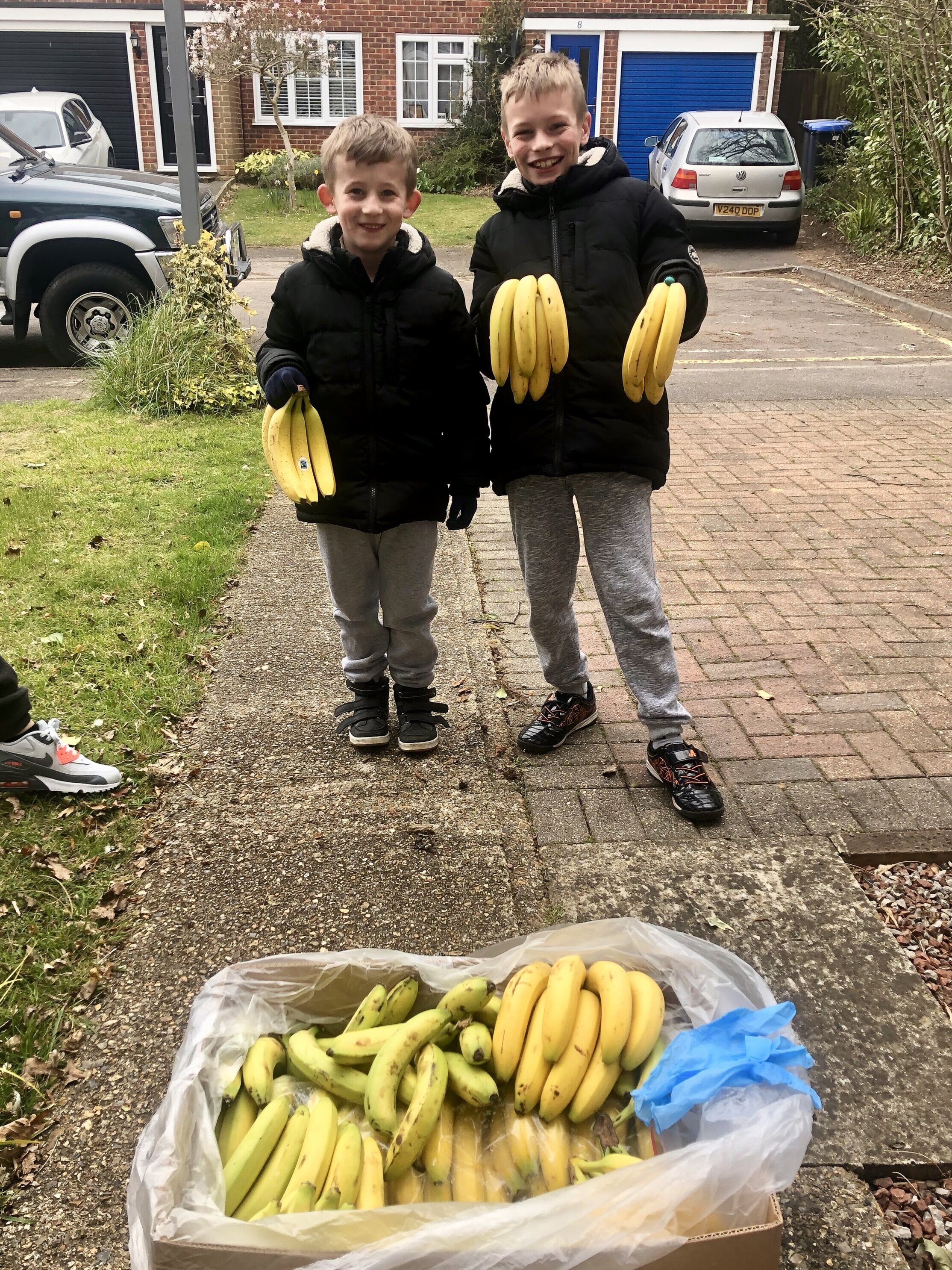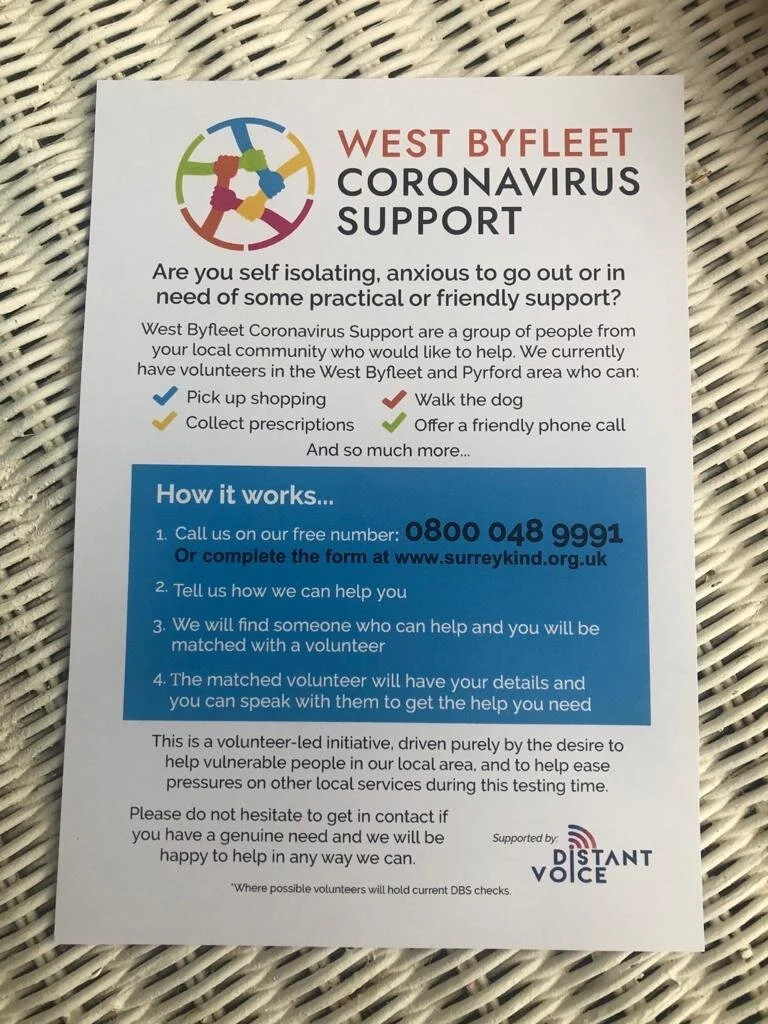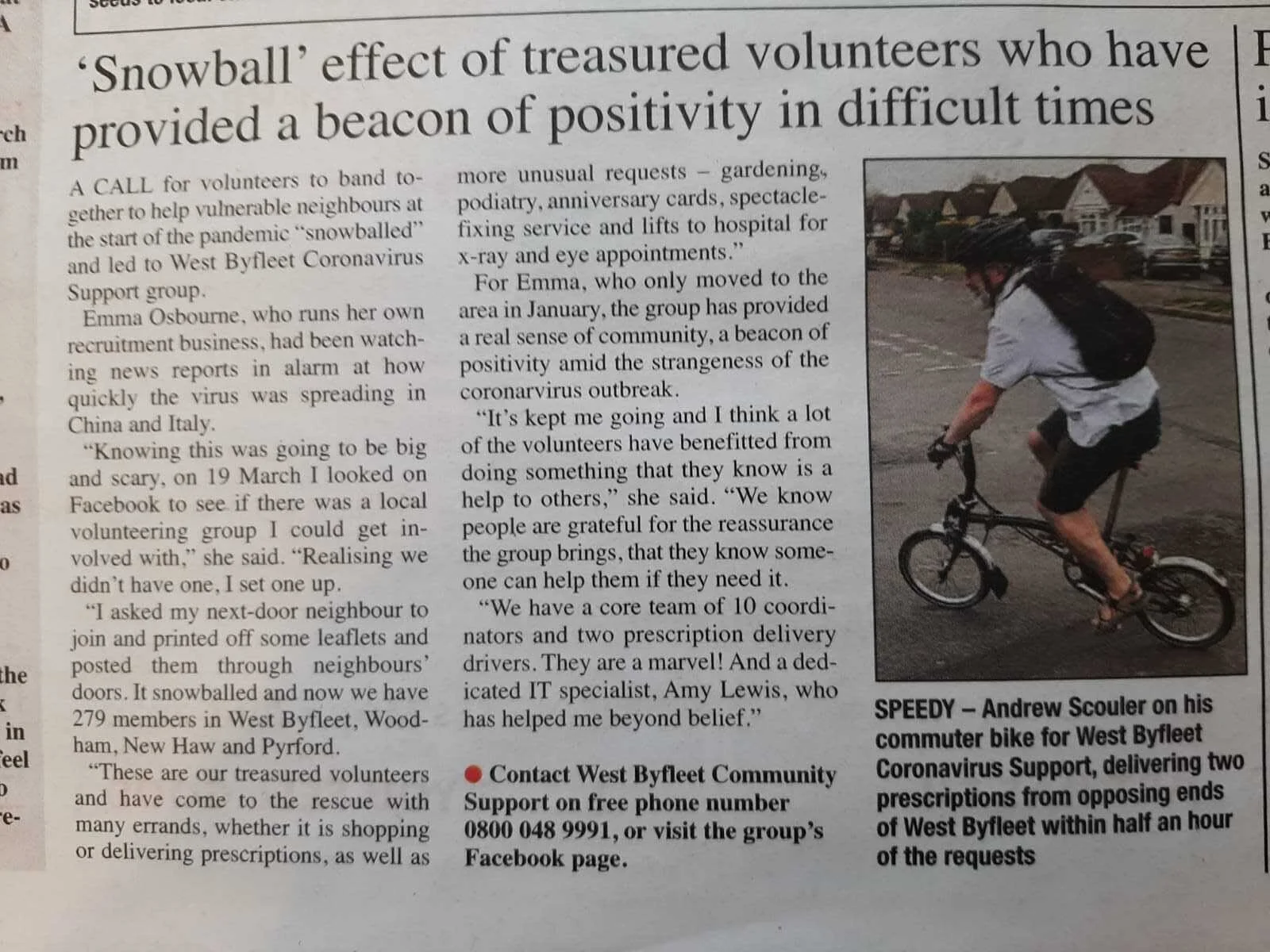Surviving Lockdown in Solitary
Top 5 Takeaways - Life in Lockdown …
I’m no stranger to being alone. I went on a solo trip around the world in 2017 and had the best year of my life so when the idea of lockdown started to circulate, I wasn’t worried. I live alone and had recently moved out of London into the leafy Surrey suburbs so was already enjoying more space, my first garden and having access to walks in more natural surroundings, despite it being winter.
When I got ill in mid-February following a poorly-timed date with a swarthy chap from the Italian embassy, I came down with COVID-like symptoms and what little concern I had for my mental health was quickly replaced by genuine concern for my physical health. Whilst it wasn’t a great week, I only had very mild symptoms (akin to the glandular fever I’d had as a teenager) and a couple of weeks later, I was back to normal, except then everyone else went inside and I realised I could have months of being on my own stretching out ahead of me.
1. Follow Your Instincts
Running my own recruitment business, and seeing how quickly things seized up in my clients, I knew it would be a while before my services were needed again so I decided to help out my new village community by doing some volunteering. I looked on FB and couldn’t find a mutual aid group for my village, so set one up and shared it in a few of the neighbourhood watch and forum groups in the hope that a few like minded souls might be willing to join me. I really didn’t put too much thought into it - I just did it. This was March 19th 2020.
2. A lot can be achieved with goodwill and no money.
Within 3 weeks, we had over 200 people volunteering in the group. We had collaborated with a neighbouring village group and together shared a helpline and an 0800 number - kindly donated by a local telecomms company, Distant Voice (thanks, Vishal!). Press 1 for their village; Press 2 for ours. They had a headstart on us and had 500 eager souls signed up!
To get the word out, the volunteers managed to distribute leaflets around the village within a couple of weeks so we decided to stretch our arms around the 3 that surrounded it as well. I realised I couldn’t field all the calls alone and so recruited a gang of 8 co-ordinators to help manage the requests from 8am-6pm every single day. These were a mix of school-teachers, a gardener, a lawyer, a data analyst, university student (and aspiring politician!), the MD of a private health clinic and a retired Met Police Officer - all of whom were DBS-checked and so could help straight away.
We were mostly getting requests to do shopping for those who couldn’t get a slot with the supermarkets and those who didn’t use the internet. We delivered prescriptions to anyone in the area from the 3 main local pharmacies and worked with them to support where they were short-staffed. Beckie, a volunteer who has done 3 days a week of work for the main pharmacy in the area for the last 8 weeks, had her last day yesterday so they gave her a gift to show their appreciation (see below). During the time she volunteered, on average she was saving 240 people per week from visiting the pharmacy. What a hero!
3. Technology is more important than ever.
As soon as we created the helpline, we realised we needed a system to manage the calls. We used a platform called Airtable which is like a database/spreadsheet/photo amalgamation and stored all the info on there with the help of an IT Project Manager who had volunteered in the FB group. If you use Excel a lot and find it frustratingly behind the times, you have to give Airtable a try! They upgraded our base to the premium one so we could use all the functionality for free - love them! https://airtable.com/invite/r/ory7dXd9
To date, we have fulfilled over 250 requests ranging from delivering fence paint, to hospital appointments, helping to distribute surplus bananas, bread, milk and eggs from our local Waitrose and over 30 Easter care packages they donated. As lockdown lifts and volunteers are going back to work, we will be using any funds that have been donated to hosting a big community party at the end of all this to celebrate the way our community came together during this crisis and helped one another get through it.
Delivering donated bananas to local community members
4. JFDI! (Just F***ing Do It!) - as my coach would say
Personally, it has taught me a lot about myself. The first few weeks I spent a lot of time talking to lots of the stakeholders in the area (incidentally all older, white men) to find out what existing networks there were in place and how we could work with them in tandem to make a difference to as many people as possible. Oddly, I was met with suspicion or neutrality by most - save the priest who was encouraging and the Chairman of the health centre. None of the “establishment” wanted to get involved even though they could have saved us huge amounts of time and energy by connecting us to their subscribers. After a few weeks, I realised we didn’t need their permission or their help - we could just get on with it! So that’s what we did.
5. You can choose to do some good in a bad situation.
The group of co-ordinators that assembled to help manage the helpline have been so brilliant! We met weekly on Zoom during the eye of the storm and our group of men and women all decided that despite having the stress of a global pandemic going on around them, they wanted to devote at least a day a week (and in some cases much more!) to fielding calls from those community members who needed support and work to find suitable volunteers, to match their needs. I can’t wait to meet them all in person and be able to give them a massive hug for being so incredible.
The helpline is still going with only a few calls now - mostly prescriptions. We will be turning it into a way to engage the local community in volunteering opportunities and bring much needed additional support and services to those underserved. We aim to bring digital literacy to the over-70’s and help them engage with new technology to make their lives easier and connect them to friends and family (any suggestions welcome!). We will also be helping the whole village connect with each other just as community centres, town halls, grocers, bakers, cafes and pubs used to do in the good old days.
It’s been a great experience and one I’ll never forget! I’ve made wonderful, new friends of all ages, learned that a pointed cabbage is also called a “sweetheart cabbage” and that doing a good turn for someone in need, can sometimes rescue you as much as it can them.

